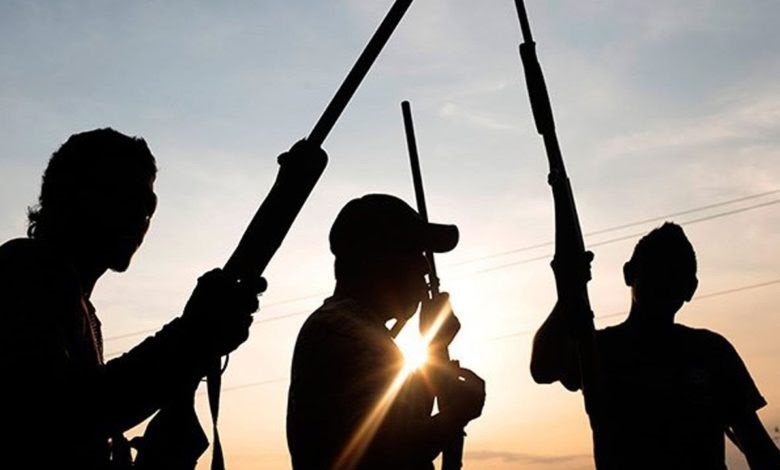ANALYSIS: Nigeria’s Economic Crisis Could Energise Insecurity

Nigeria, Africa’s largest economy and most populous nation slides into another recession and economic crisis at a time the country is witnessing an unprecedented spike in violent crimes, conflicts and military operations.
According to Gross Domestic Product (GDP) data released by the National Bureau of Statistics (NBS) on Saturday, Nigeria recorded a contraction of 3.62 per cent in the third quarter of 2020.
This was the second consecutive quarterly GDP decline since the last recession in 2016. Since recovery from recession in the second quarter of 2017, the country recorded a GDP growth rate of 2.55 per cent in the fourth quarter of 2019, the highest in recent quarters and subsequently grew by 1.87 per cent in the first quarter of 2020.
According to the World Bank Nigeria Development Update of June, the collapse in oil prices coupled with the COVID-19 pandemic was expected to plunge the Nigerian economy into a severe economic recession, the worst since the 1980s.
Nigeria’s unemployment rate has also increased to 27.1 per cent, according to NBS data. The country’s unemployment rate has increased from 23.1 per cent in the third quarter of 2018 when the report was last published, to 27.1 per cent last quarter.
As the economy gets declining, HumAngle findings indicate that socioeconomic variables also play a critical role in creating and fueling the numerous security risks and crisis ravaging parts of Nigeria. Terrorist attacks up north, banditry and sectarian violence have combined to create serious food security crisis for the country.
The government has responded with an escalation in security and military operations-comprising ground, air and naval components that are occurring simultaneously to obliterate terror and criminal groups.
The military continues to battle Boko Haram and its splinter Islamic State West Africa Province (ISWAP) that have a stronghold and foisting insurgency in the Northeastern part of the country. The violence has killed an estimated 30,000 people and displaced over 2.3 million.
In the Northwest, Operations Sahel Sanity and Hadarin Daji continued to target armed groups terrorising rural communities and commuters. The violence in the region has displaced over 160,000 people while causing about 41,000 more to flee to Maradi in the neighbouring Niger Republic.
In the oil-rich South-South and Southwest regions, troops of Operations Delta Safe and Awatse sustained operation against militants, pirates and oil thieves, with the Navy also conducting maritime operations in the same areas. Additionally, in the North-Central zone, troops of Operation Safe Haven, Thunder Strike and Whirl Stroke are engaging terrorists who are attacking farmers and also kidnapping citizens.
Dr Kabir Adamu, a security expert, told HumAngle the counter-insurgency operation in the Northeast and military operations in other parts of the country, as well as efforts by the police, require money to continue.
Security agencies will be affected by the economic crisis if the government failed to look for avenues to fund the security sector and ensure necessary payments, he argued.
Adamu also added there’s a correlation between economic downturn and an increase in crime. He says the general indication is that one leads to another.
Chidi Nwaonu, a defence expert and Director of Peccavi Consults, tells HumAngle the recession and financial crisis will exacerbate the socio-economic drivers of insecurity.
“Funding has never really been a problem, it is how the funds are spent. I do not believe there will be a reduction in defence spending but there will be a knock-on effect in other sectors,” Nwaonu said.
He also says that the key sectors affecting the people such as health and education are already underfunded. It is likely the government will seek new avenues for income putting more pressure on the people.
“So in short, there will be little reduction in overt defence spending, however, the recession will impact other sectors and demographics exacerbating Nigeria’s already problematic social and security problems,” Nwaonu said.
Support Our Journalism
There are millions of ordinary people affected by conflict in Africa whose stories are missing in the mainstream media. HumAngle is determined to tell those challenging and under-reported stories, hoping that the people impacted by these conflicts will find the safety and security they deserve.
To ensure that we continue to provide public service coverage, we have a small favour to ask you. We want you to be part of our journalistic endeavour by contributing a token to us.
Your donation will further promote a robust, free, and independent media.
Donate HereStay Closer To The Stories That Matter




